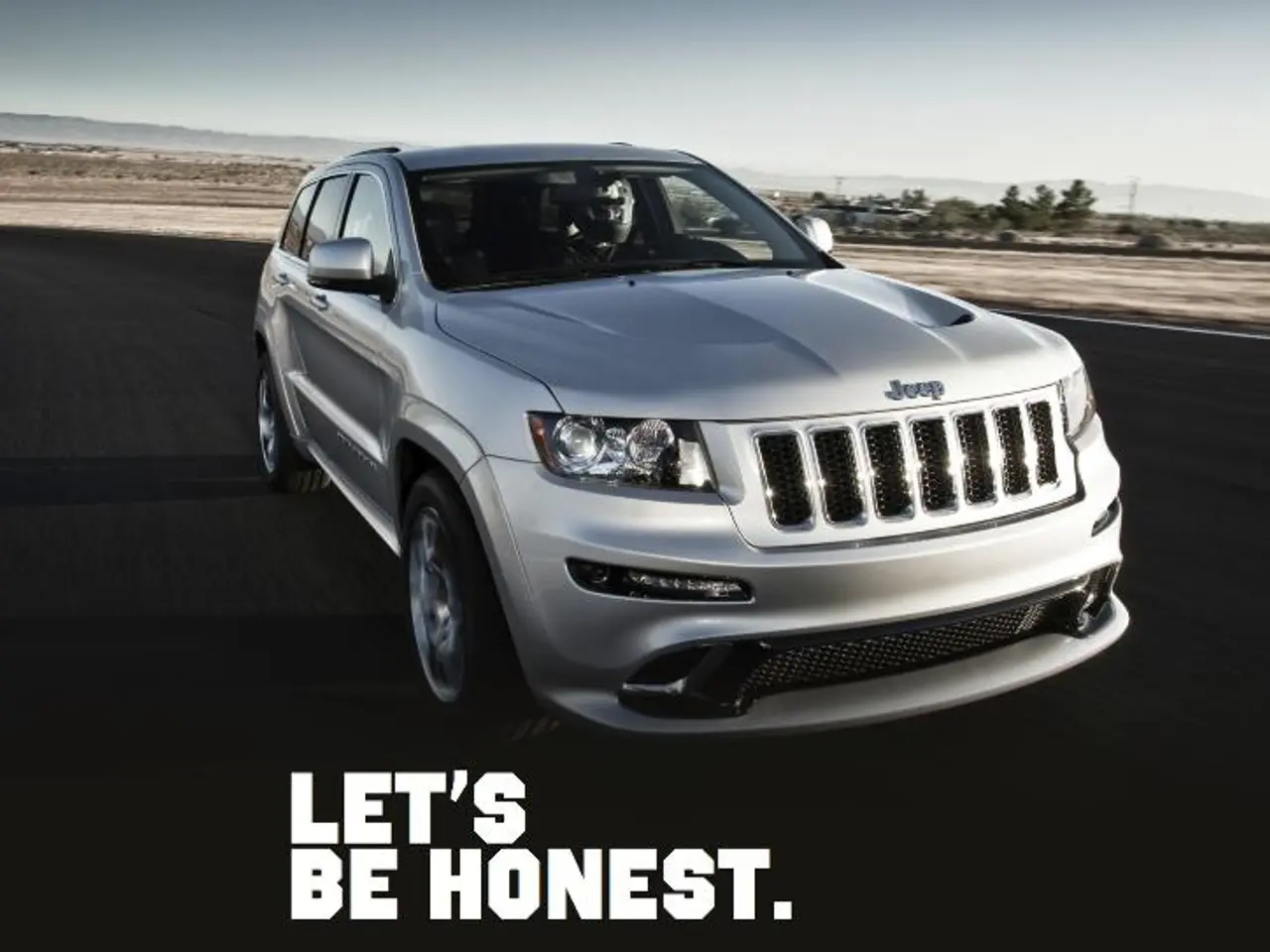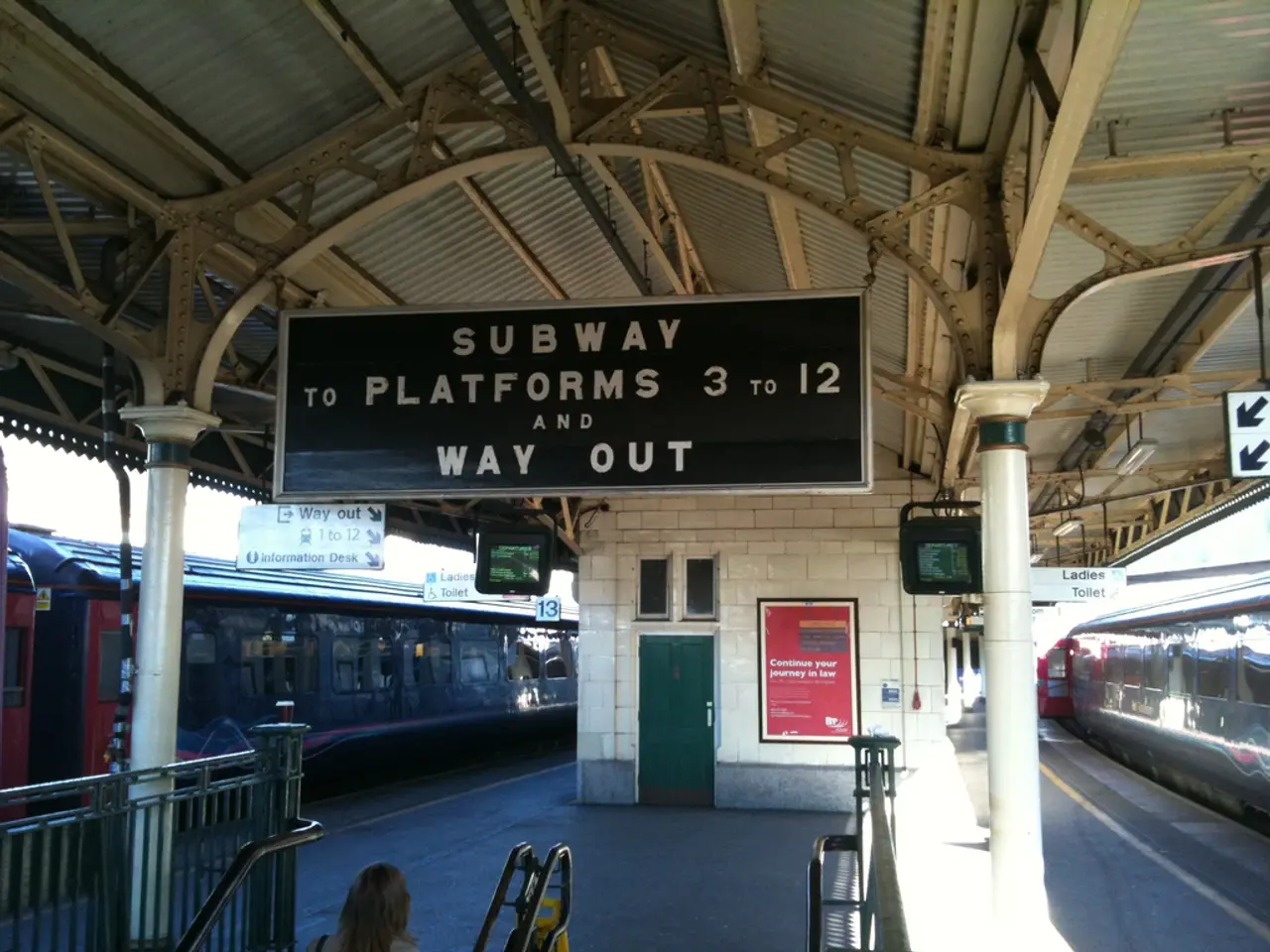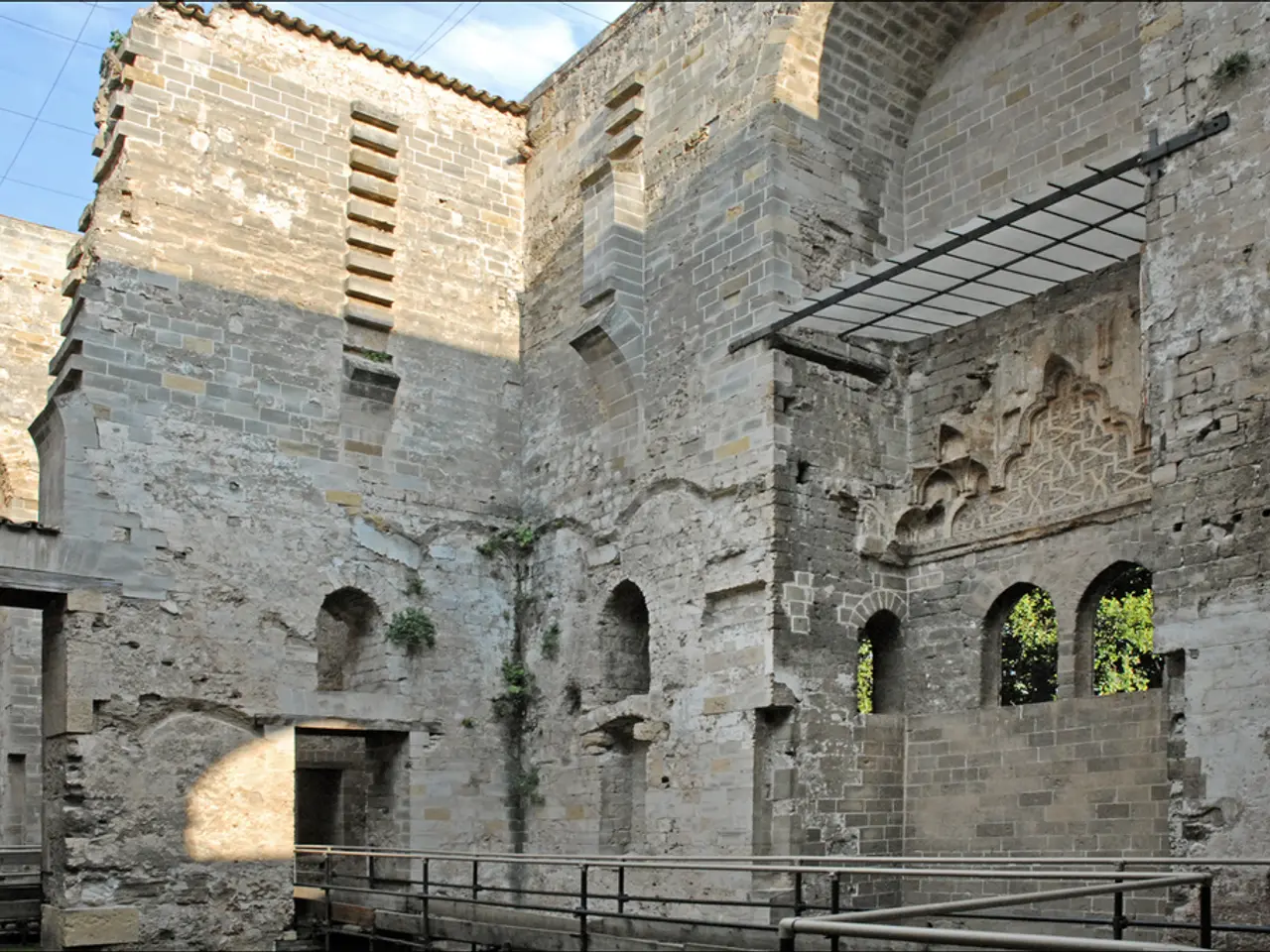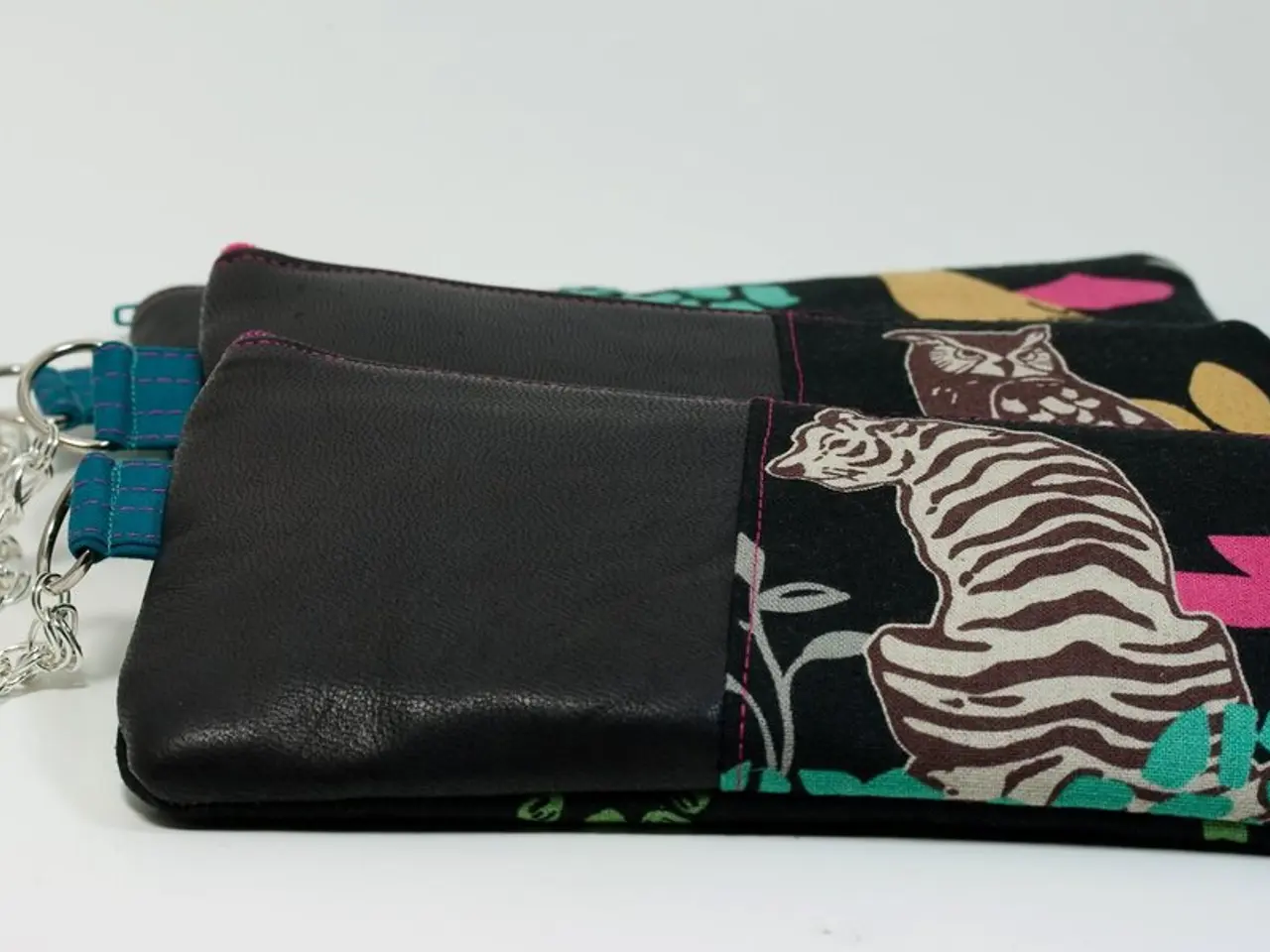Autonomous Vehicle Manufacturer Tesla Faces Multimillion-Dollar Settlement Over Fatal Autopilot Accident
Tesla Faces Significant Liability in Autopilot Crash Case
In a landmark verdict, a jury has ruled that Tesla is partially to blame for the death of Naibel Benavides, who was hit by an electric car on Autopilot in 2019. The company has been ordered to pay $329 million in damages, including $200 million in punitive damages, to Ms Benavides' family and to her boyfriend, Dillon Angulo, who was seriously injured in the incident.
The plaintiffs' lawyers argued that the driver's assistance system should have warned the driver and braked before the collision. They also alleged that Tesla either hid or lost key evidence, including data and video recorded seconds before the collision. Brett Schreiber, who represented the victims, said, "Tesla designed Autopilot only for controlled-access highways yet deliberately chose not to restrict drivers from using it elsewhere."
The jury determined that Tesla's partial liability translates to approximately $42.5 million owed directly by the company for compensatory damages. However, the total damages announced varied between $243 million and $329 million depending on sources and components of the award. Tesla has criticized the verdict as incorrect and intends to appeal, asserting the driver was responsible and that the case unfairly targets the Autopilot system.
This ruling marks a major legal setback for Tesla and challenges the safety of its driver-assistance technology. The verdict could potentially jeopardize Tesla's and the entire industry's efforts to develop and implement life-saving technology. Regarding Tesla's plans for a driverless taxi service, this verdict likely complicates the company's efforts to promote fully autonomous vehicles and commercialize robotaxi services.
In 2023, 2.3 million Tesla vehicles were recalled due to concerns about Autopilot failing to sufficiently alert drivers not paying attention to the road. The substantial punishment and recognition of design flaws could intensify regulatory scrutiny and public skepticism about the safety of Tesla's self-driving technology, potentially delaying or increasing the costs associated with deploying a driverless taxi fleet.
Elon Musk, the CEO of Tesla, has previously claimed that Autopilot drives better than humans and has announced plans to roll out a driverless taxi service, aiming to convince people his vehicles are safe enough to drive on their own. However, legal and reputational impacts from this verdict may pressure Tesla to improve safety and transparency before advancing such services.
Miguel Custodio, a car crash lawyer not involved in this trial, believes the verdict will open the floodgates for more legal action. This case could set a precedent for future cases involving Tesla's Autopilot system, potentially leading to increased liability for the company in similar accidents.
References: [1] https://www.cnbc.com/2023/03/21/tesla-ordered-to-pay-329-million-in-autopilot-crash-verdict.html [2] https://www.reuters.com/business/autos-transportation/tesla-ordered-pay-243-million-damages-florida-autopilot-crash-2023-03-21/ [3] https://www.nytimes.com/2023/03/21/business/tesla-autopilot-crash-verdict.html [4] https://www.bbc.com/news/business-64927872 [5] https://www.bloomberg.com/news/articles/2023-03-21/tesla-s-rare-autopilot-crash-verdict-could-jeopardize-auto-tech
- The verdict in the Tesla Autopilot crash case could lead to increased liability for the company in similar accidents, claims car crash lawyer Miguel Custodio.
- The substantial punishment and recognition of design flaws in Tesla's Autopilot technology could delay or increase the costs associated with deploying a driverless taxi fleet.
- The ruling against Tesla in the Autopilot crash case could potentially jeopardize the entire automotive industry's efforts to develop and implement life-saving technology.
- In the context of the verdict, Elon Musk, the CEO of Tesla, may face pressure to improve safety and transparency before advancing his plans for a driverless taxi service.
- The jury's decision in the Tesla Autopilot crash case could encourage more legal action in the general news and crime-and-justice domains, pertaining to technology and transportation industries.




